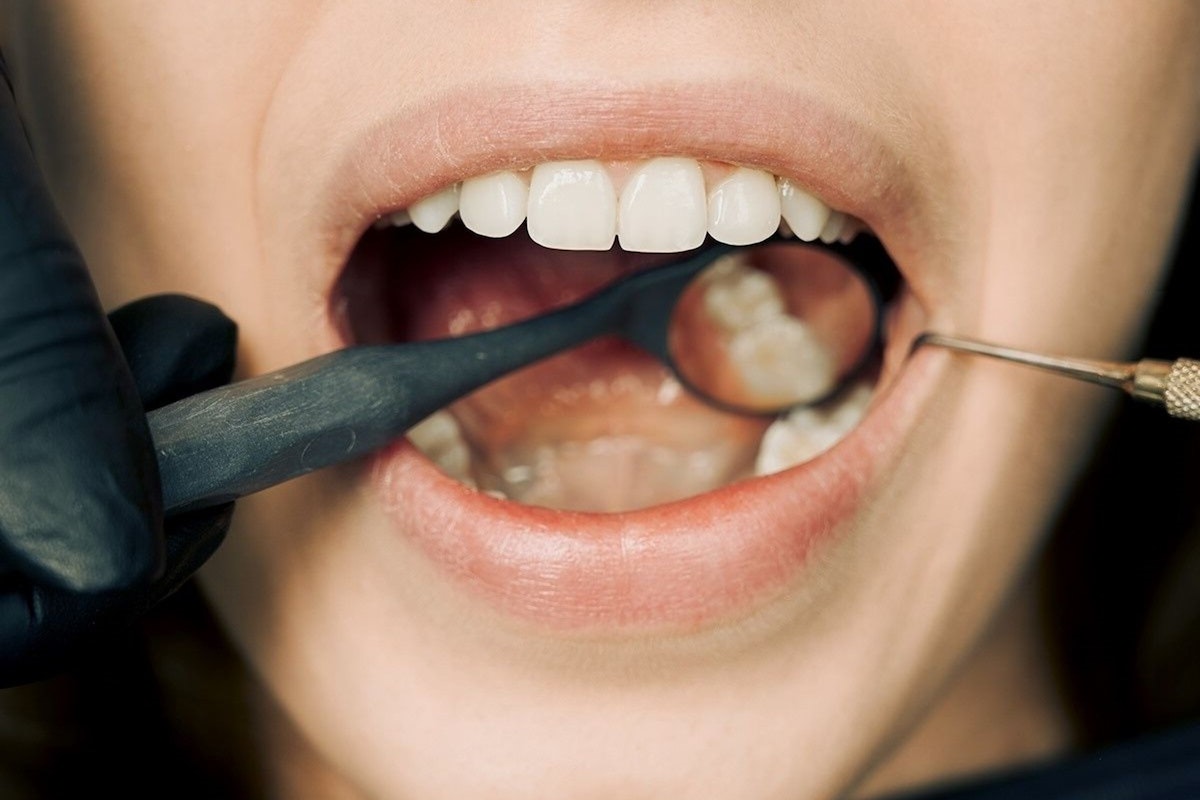When you discover that you are pregnant or that a loved one is pregnant, the last medical professional you will think you need to see is a dental practitioner.
You will likely be aware of the hormonal fluctuations during pregnancy, which can cause acne, hair thinning, and migraines. But you should be mindful of how those fluctuations impact your teeth and gums.
So, with that in mind, why should you see your dentist in Tunbridge Wells when you are pregnant, and what are some of the issues that are likely to occur?
Dental erosion
Morning sickness is more common in the first few months of pregnancy.
And, due to the amount of acid in this morning sickness, you may find that your teeth start to feel more sensitive and may even begin to hurt. This is usually because of enamel erosion due to exposure to stomach acid.
Luckily, your dental team can prescribe you a high-fluoride mouthwash that can help to protect your enamel from such damage and will keep your teeth healthy.
Pregnancy tumours

These are benign growths that can develop during pregnancy, usually in the mouth, which are also known as pregnancy granulomas. They are caused by hormonal changes and are usually painless.
But they can become large, which can impact your ability to eat and breathe. In such cases, your dental team may be able to remove them, using a localised numbing anaesthetic which will pose no harm to the baby.
The good news is that once your baby is born, most of these tumours will go away on their own.
Tooth decay
Pregnant women are at a higher risk for tooth decay because of changes in their diet, such as increased snacking and cravings for sweet foods. Also, due to morning sickness, the enamel on the teeth may become more brittle due to the amount of acid that is in their mouths. So this can thin the enamel and will heighten the chances of decay setting in.
Dry mouth

Hormonal changes during pregnancy can cause dry mouth, which can lead to increased plaque build-up and tooth decay.
This is because saliva in your mouth acts as a built-in mouthwash, keeping your teeth clean throughout the day and removing plaque and food debris.
So, if your mouth becomes dry, your teeth aren’t getting cleaned as often as may be required to keep decay at bay. But your dental practitioner may be able to prescribe you some saliva-producing tablets, which can prevent dry mouth.
Pregnancy gingivitis
This is a type of gum disease that occurs during pregnancy. It is caused by hormonal changes that make the gums more sensitive and susceptible to inflammation.
In essence, it is your body becoming more reactive to external threats. In a bid to keep your developing baby growing and healthy, your body will become more sensitive to anything that may cause problems. So, if you have an excess of plaque on your teeth, your gums will become overly inflamed in an attempt to prevent issues.

